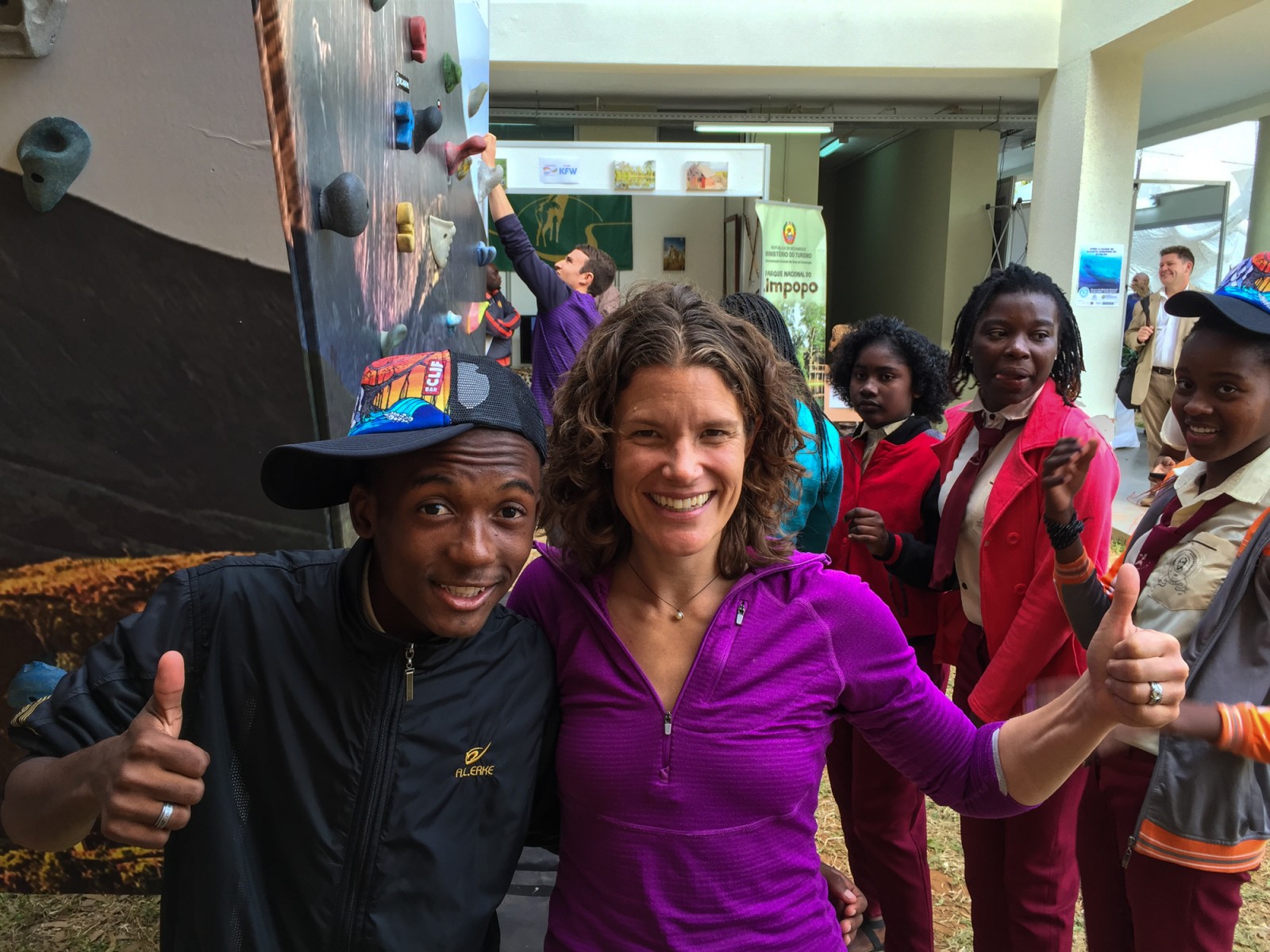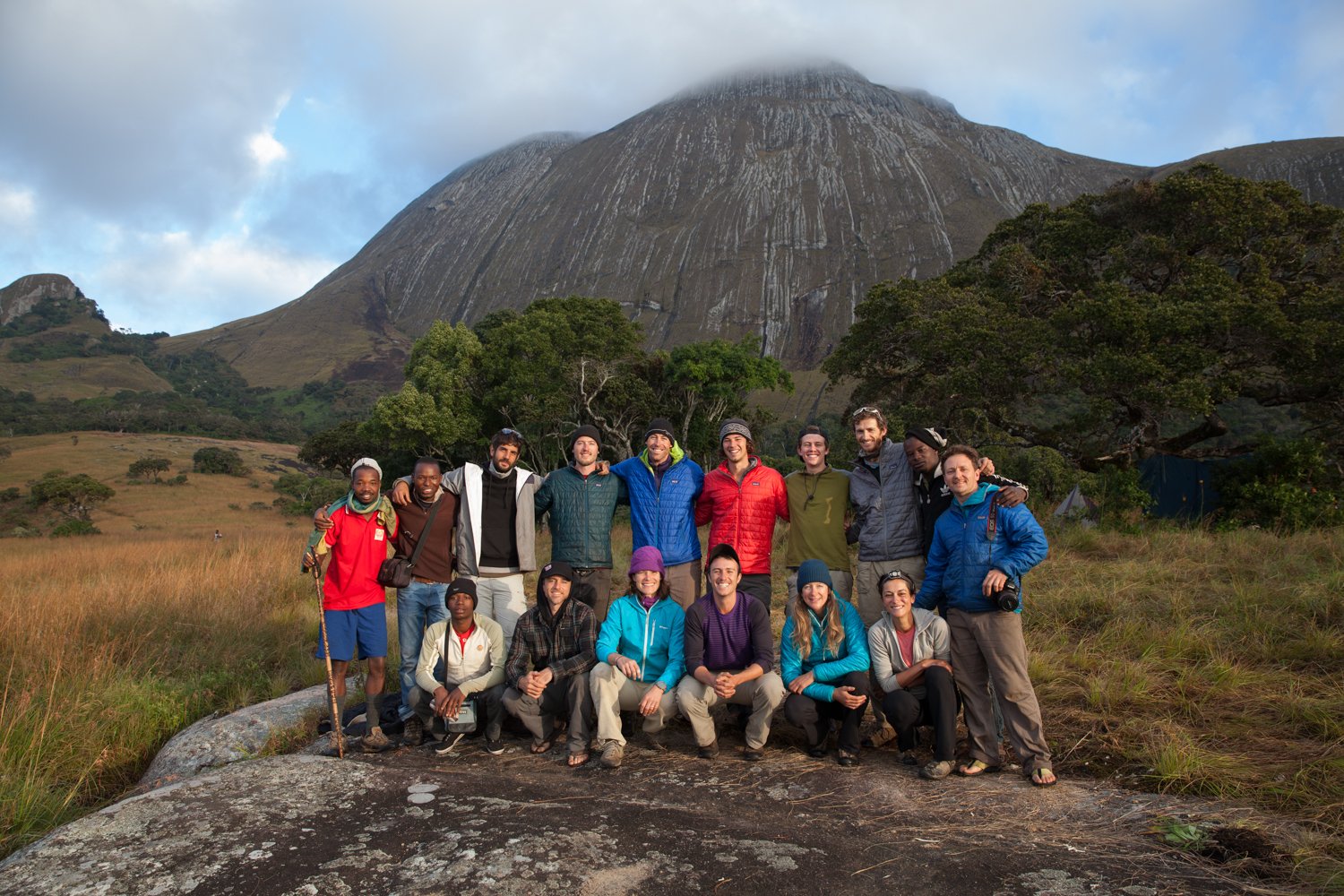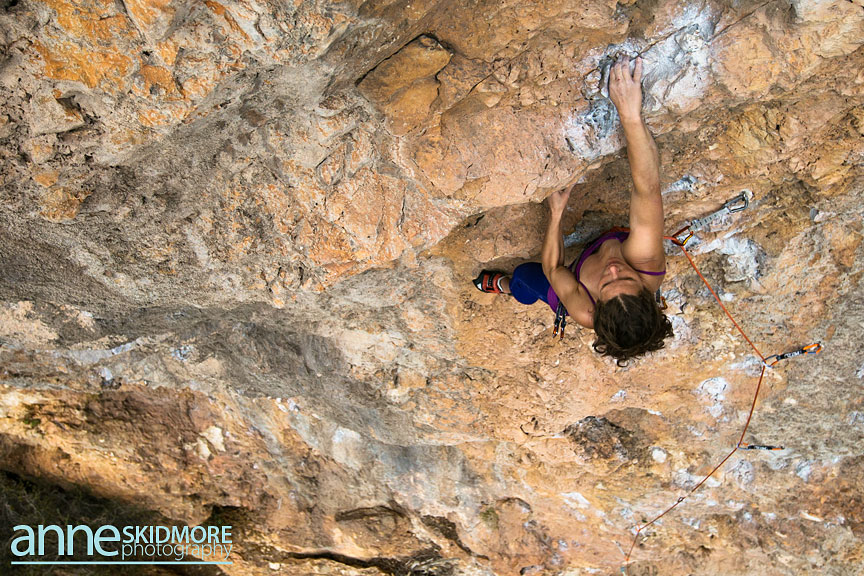In seven days I will be back in Mozambique. Me, my five-person team from Additive Adventure, and 35 emerging leaders in the field of disruptive conservation. Disruptive? You bet. It’s disruptive because it’s a new model for building community-driven conservation in some of the world’s most remote and biologically diverse places in the world. Mount Namuli, the site of my … Read More
Team of Rock Climbers, Biologists, and Conservation Workers Wrap Successful Expedition to Mozambique’s Second Highest Mountain
PRESS RELEASE: Gurue, Mozambique –June 4, 2014 –An international team of rock climbers, entomologists, and herpetologists gathered on the summit of Mt. Namuli, Zambezia, Mozambique on May 27th at the culmination of the 30-day, 18-member Lost Mountain expedition. Three of the team members reached the summit via a new technical rock climbing route (Majka and Kate’s Science Project IV 5.10-) … Read More
One Month Out– Exactly: New Team Members, New Plane Tickets, and Vice Grips
It’s 8:22 am in New Hampshire and 2:22 pm in Malawi on April 5th. In one month from now, on May 5th at 2:00 PM, we will be landing in Blantyre, Malawi. Exactly. All week I’ve been meaning to write this update. I didn’t realize I needed the timing to be this perfect to do it. When we postponed The … Read More
Questioned, Additive Adventure and Conservation
This February, I gave a speech at University of Vermont. There is nothing like standing up in front of a group of intelligent, keen, and questioning undergraduate and graduate students to keep you on your toes. Like any great audience, the conversation has extended far after the event. I recently received these questions from one of the students. Her questions … Read More
Would You Join the Lost Mountain?
Three years ago I saw a photo of a rock face in Mozambique. It became an astonishing force in my life. 36 months, a 3-week reconnaissance trip, and one very special frog later I’m heading to that rock face with an eight-person team of scientists, conservationists, and climbers in October. We’re finding species new to science, we’re starting a new … Read More





